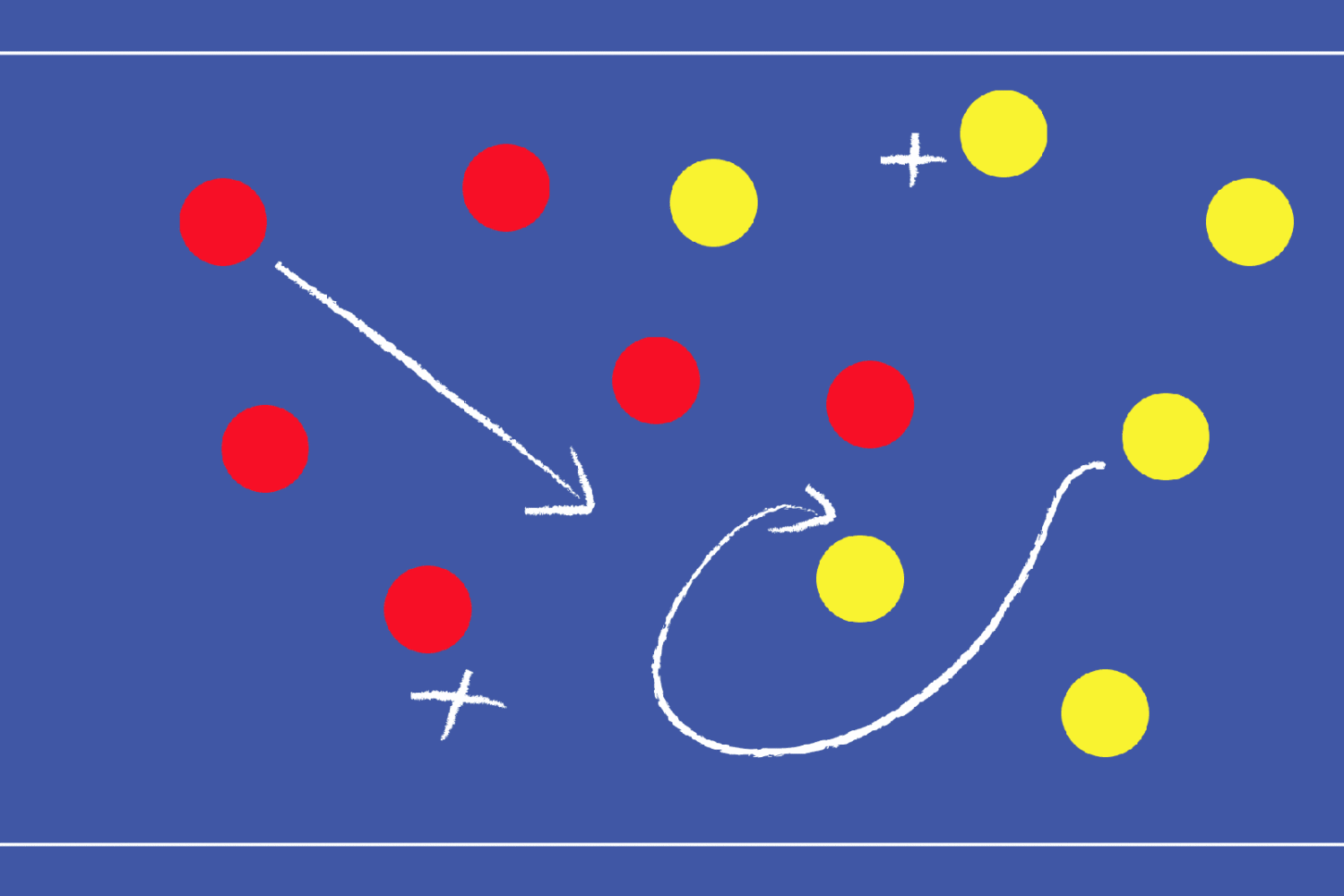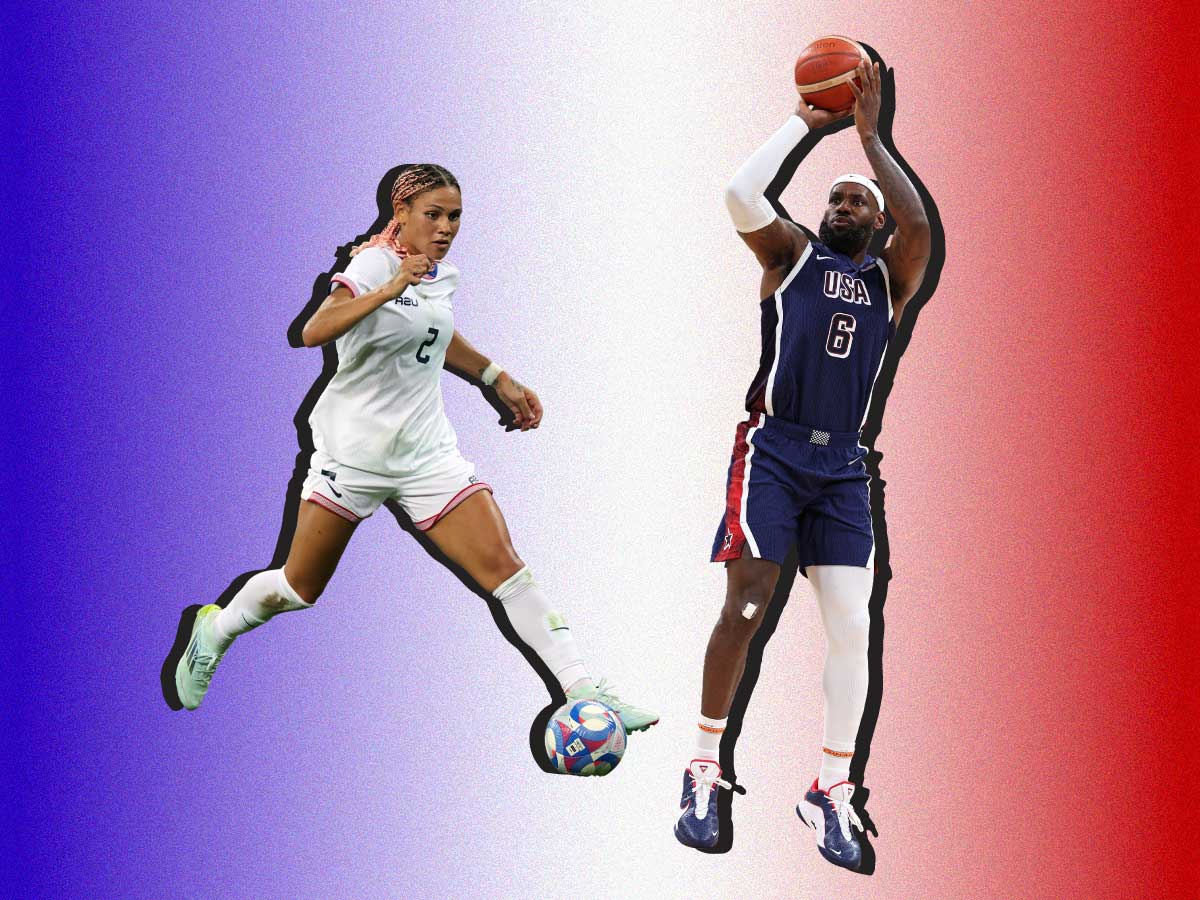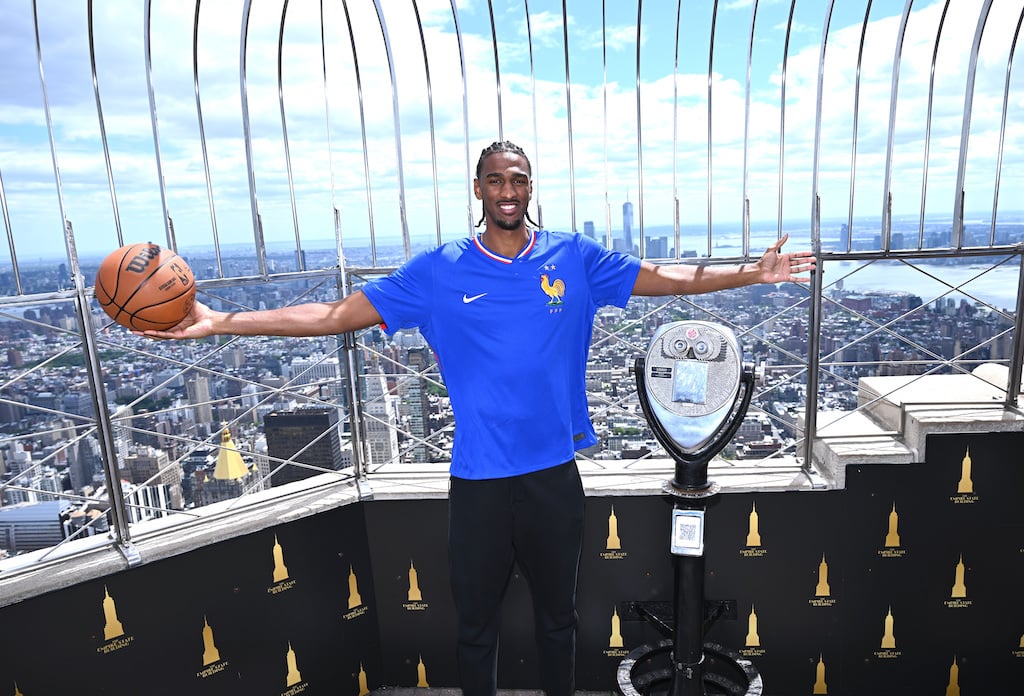The Washington Wizards, who begin the 2022-2023 NBA season tonight with a road game against the Indiana Pacers, have reasons to be optimistic. After missing much of last season with a wrist injury, star guard and face-of-the-franchise Bradley Beal is healthy—and presumably happy, having signed a five-year, $251 million contract in the offseason that ranks as one of the largest in league history. The recently acquired Kristaps Porzingis gives the Wizards their best big man since, ummmmm…Nene, probably? Meanwhile, summer additions Monte Morris, Delon Wright, and Baltimore native Will Barton should provide veteran competence, and the team’s collection of thus far unremarkable youngsters—Rui Hachimura, Deni Avdija, Corey Kispert, and Daniel Gafford—figures to be at least moderately improved simply by being, well, older.
And yet! In the eyes of the people who are paid to think and talk and write about professional basketball, none of this matters much. They see the Wizards as once again destined for NBA purgatory: not good enough to contend for the championship—or anything beyond an outside shot at the postseason—but not lousy enough to end up with a lofty, potentially franchise-altering selection in next summer’s draft.
NBA knowers call this “the treadmill of mediocrity.” Should the Wizards find themselves running in place, it will look like this: Of the 15 teams in the Eastern Conference, the 10 with the best regular season records make the playoffs. The six best teams are seeded No. 1 to No. 6, while the other four playoff teams participate in a three-game “play-in tournament” in which they square off to determine seeds No. 7 and No. 8.
Generally speaking, sneaking into those seeds via the play-in tournament is a recipe for a first-round playoff shellacking at the hands of an actual good team; two years ago, the Wizards managed exactly that, winning 17 of their final 23 games and beating Indiana in the play-in tournament to earn a No. 8 seed and a 4-1 first round loss to top-seeded Philadelphia.
Not coincidentally, here’s how the experts project the Wizards to fare this season:
CBS Sports: 35.5 wins, No. 12 in the East
NBC Sports: 35.5 wins, No. 10 in the East
FiveThirtyEight: 32 wins, No. 13 in the East
The Athletic: 38 wins, No. 11 in the East
ESPN: 34 wins, No. 12 in the East
That’s not so bad, you may be thinking. A chance at the postseason is better than no chance. Not so fast! Teams that reach the playoffs—even via the play-in game—are not eligible for the NBA’s draft lottery, which determines the order of the first 14 picks via a weighted drawing that gives the teams with the worst records the best chances to land one of the top four picks. For teams that aren’t very good, getting a top lottery pick is a very big deal. Super-duper stars, the kinds of players who can single-handedly turn an also-ran into a contender, are exceedingly rare in the league; often, the best chance of landing one is through the draft, where it helps a whole lot to have a top pick. (John Wall, the best Wizards player of the last decade, was a No. 1 overall pick; Beal was selected at No. 3).
The stakes for next summer’s NBA draft lottery are especially high. Victor Wembanyama, a 7-foot-4 French teenager who is widely considered to be the best prospect since LeBron James—and who does completely preposterous stuff like this—is, barring catastrophic injury or a meteor strike, a lock for the top pick. By being completely bad, no-hope-for-the-play-in-game bad, the Wizards could increase their odds of ending up with Wembanyama, and perhaps change the trajectory of the franchise for a decade or longer.
Only the Wizards won’t do that, because they don’t do that. As team owner Ted Leonsis said a few years ago, “we will never, ever tank.” In many ways, that’s admirable: after all, the whole point of sports is to fire T-shirts at people from a pneumatic gatling cannon and not be arrested win, and if you’re a fan, it’s a lot more enjoyable watching a team trying to compete than one that isn’t. Problem is, what if said team tries…and still fails? Things can get stagnant. Stuck. Trapped in a loop, picking in the back half of the draft lottery, year after year. It can feel like running in place.


















